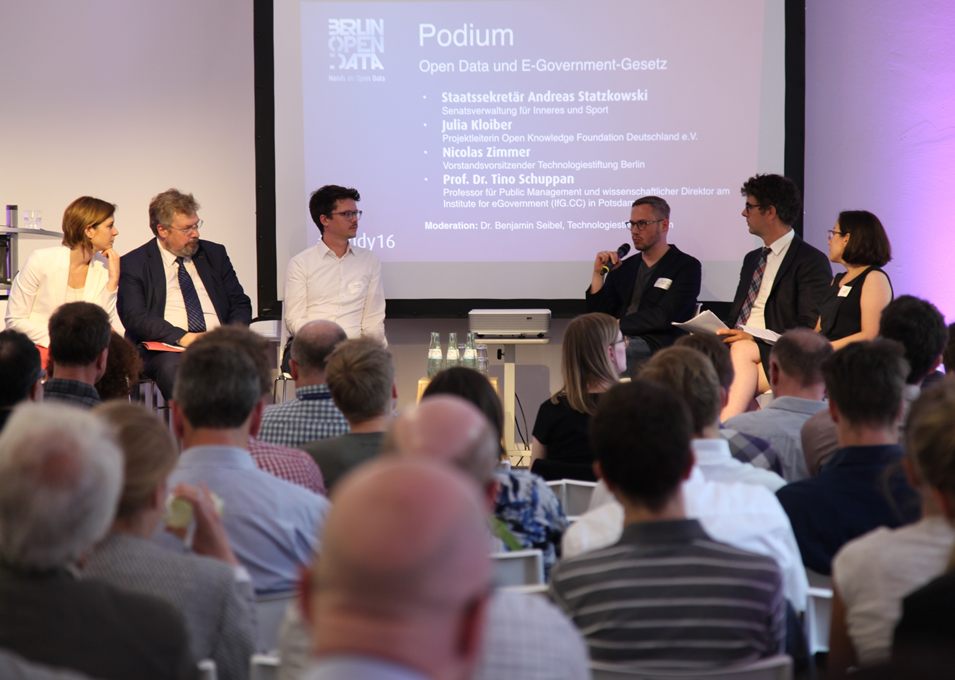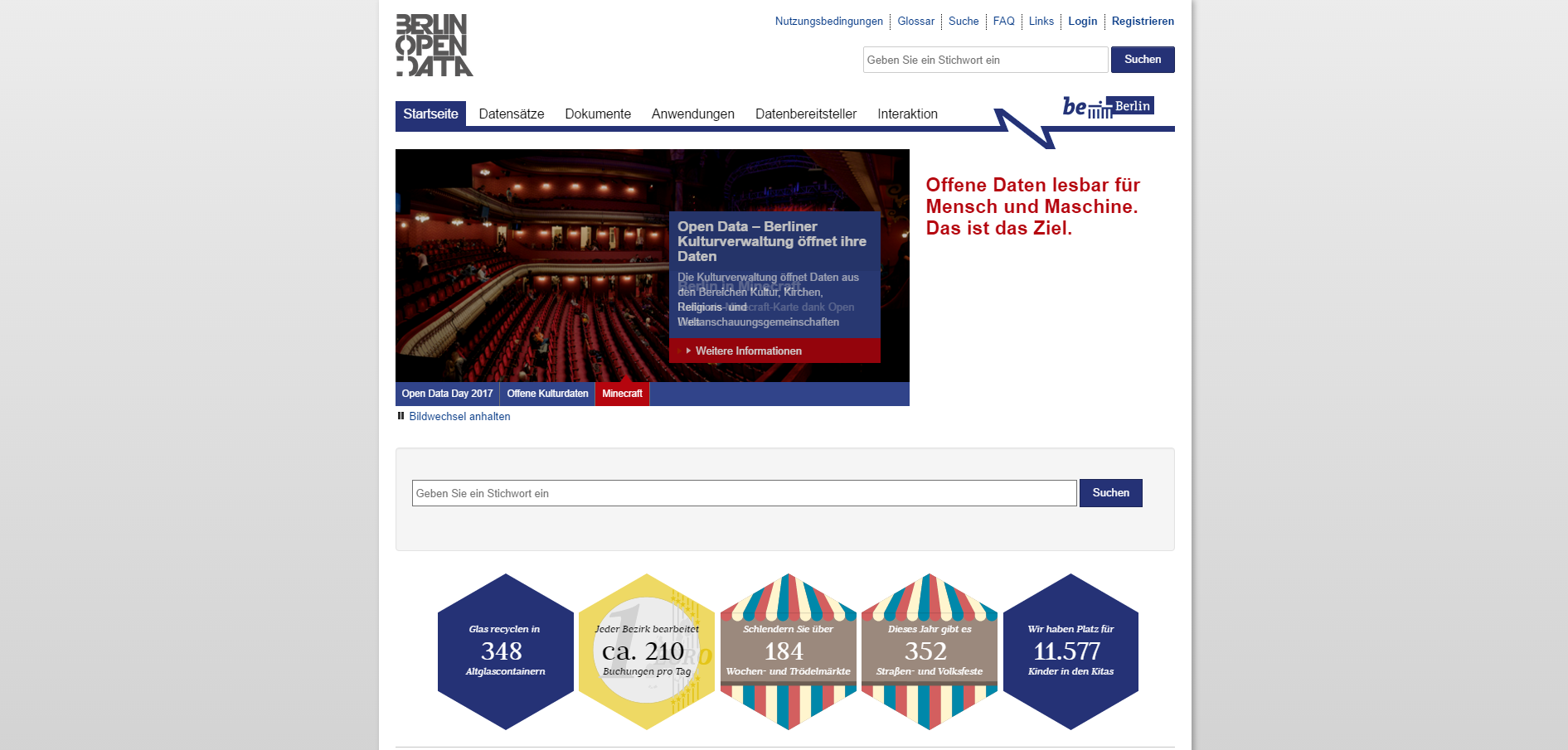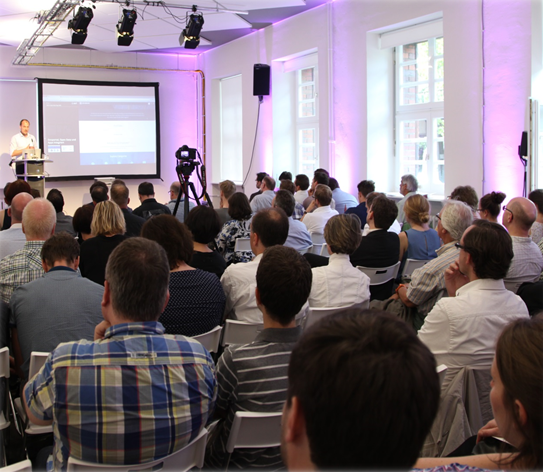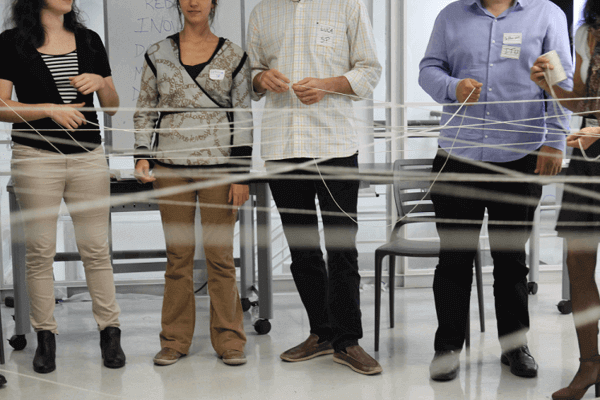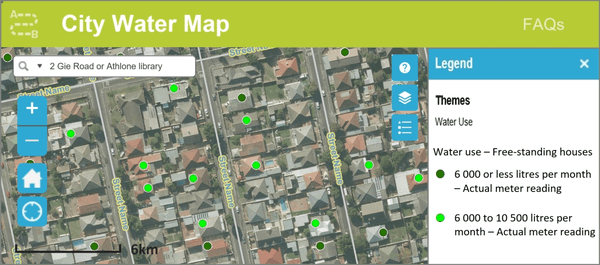City
Berlin
Main actors
City Government, Private Sector, Research Institutes / Universities
Project area
Metropolitan Area
Duration
Ongoing since 2011
In 2011, the City of Berlin engaged in the development of an Open Data platform to foster transparency in public administration and the production of smart city apps.
The Senate Department for Economics, Energy and Public Enterprises is responsible for the Open Data strategy adopted by the City of Berlin. It regularly organizes events, such as hackathons and Open Data days, to promote the potential of Open Data, connect stakeholders and foster innovation. Public administrations, universities, and the private sector are the primary stakeholders involved in the consultation, generation and dissemination of Open Data.
Developing a vibrant Open Data culture among city administrators and app developers, requires political will, regular communication with the community and practical instruments. Conceived as a decentralized tool to which all city administrators can contribute, the Berlin Open Data Portal was launched in 2011 and now has more than 1200 data sets online. The portal has supported the development of many data-based apps, such as, internet speed and the location of bathing places in the city. Efforts are being made to upscale the use of the Open Data Portal in the city administration and improve the accuracy of available (real-time) data. The development of an Open Data platform supports the emergence of a data-driven administration and contributes to open government and good governance.
External links / documents
On Map
The Map will be displayed after accepting cookie policy
